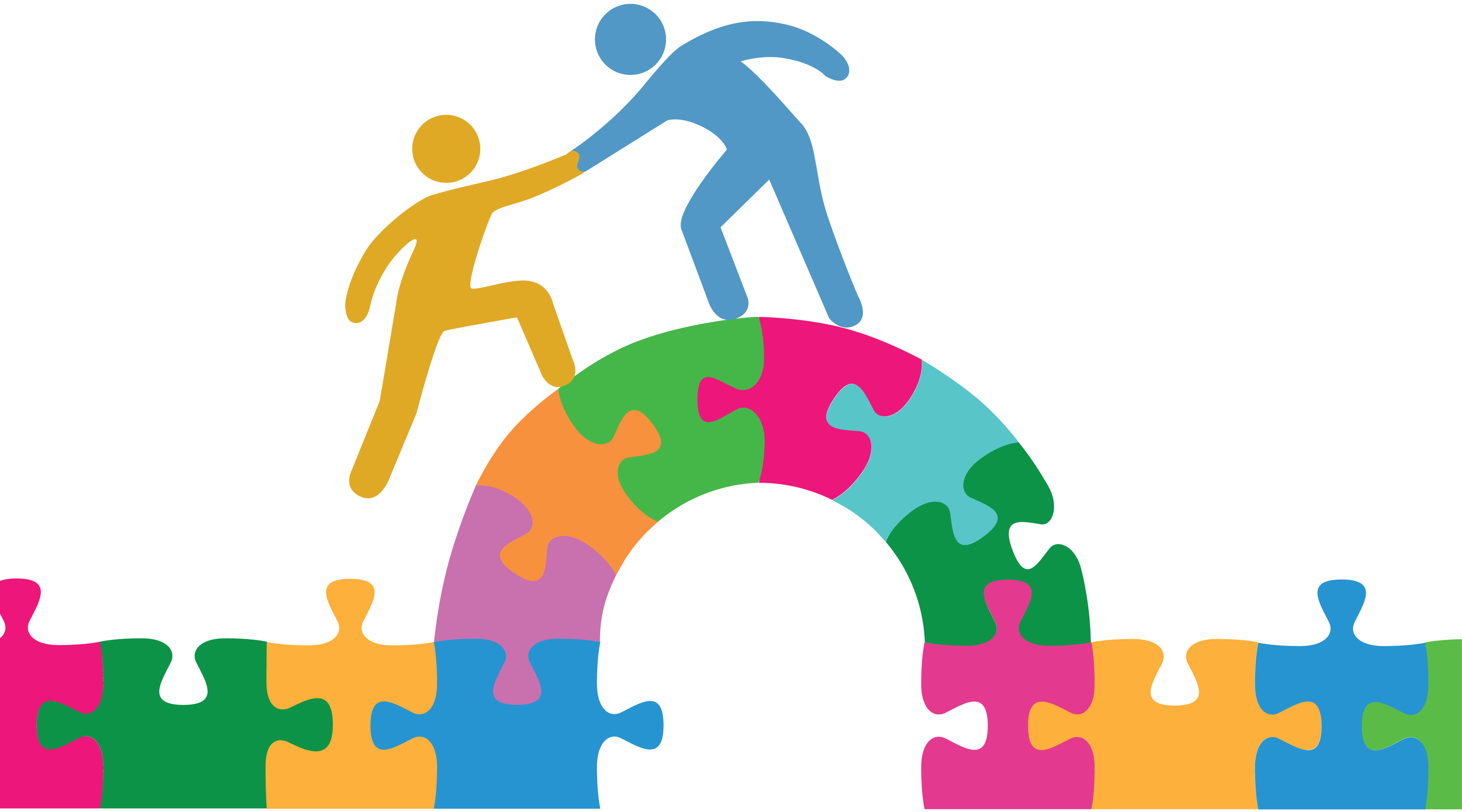Employee Assistance Program (The Guardian : 17/10/2017)

An employer-sponsored Employee Assistance Program (EAP) is a work-based intervention program designed to identify and assist employees in resolving personal problems that may be affecting their performance at work. EAPs provide needs assessment, help, counseling, and referrals for employees and their family members when faced with mental health or emotional issues. EAPs are available to assist the employee when he or she needs help dealing with life events, workplace issues, and other personal problems and challenges such as:
- Alcoholism
- Drug abuse
- Marital difficulties
- Financial problems
- Emotional problems
- Legal problems
Short-term counseling and support may be all that an employee needs. Generally, for longer-term counseling and support, a referral to a psychiatrist is offered by the EAP.
Business Case
Employers have a vested interest in the ability of employees to work at or close to their full potential. According to the Employee Assistance Research Foundation, factors such as mental health conditions, sleep problems, stigma, and substance use and abuse affect business performance by reducing productivity and increasing both planned and unplanned absences.
From an employer’s standpoint, an EAP helps the employee deal with issues that might otherwise adversely impact the employee’s health and wellness, or work performance.
Putting together an EAP
Managers and Human Resources personnel are generally not trained to provide therapy or counseling to employees and EAPs give them a way to help without turning a needy employee away. EAP services may include assessments of employees’ needs, referrals for diagnosis and treatment of mental health, substance use or other issues; consultation services for managers and supervisors. EAPs provide training to teach supervisors to recognize and possibly resolve behavioral, health or job-related performance issues. Educational and wellness programs, such as programs informing employees about healthy weight, stress management, and smoking cessation, are also included in a typical EAP.
Financial Advise
Employees with financial stress are generally absent from work more frequently, receive poor performance ratings from their supervisors, spend excessive time at work dealing with their financial problems and typically experience a decline in job productivity as their focus shifts from their work to their financial problems. An EAP can provide counseling to help reduce stress and also to help the employee deal with debt and creditors. An EAP’s third-party assistance is particularly useful at times when it would be inappropriate for the employer to address such issues directly with an employee.
Role of Human Resources
The HR team is typically front and center, responsible for determining the employee’s EAP needs, selecting the vendor, managing the relationship and tracking results. HR generally takes primary responsibility for developing program guidelines and training employees and managers to ensure that everyone understands the EAP services and how to access them.
Employees will not turn to EAP unless they understand what the programs really offer, so employers need to promote EAPs. HR should communicate frequently about the availability of the EAP. Employees are likelier to use EAP services if employees know their use of these services will be confidential. Conversely, if employees believe that use of these services will have a negative impact on their careers, they will avoid using the EAP.
Reply back to bhakti@impactafya.com or call +255 754 694 643 with your feedback. We welcome your suggestions for corporate wellness tips you’d like to see covered in our future columns.
Bhakti Shah, MPH is the Founder and Managing Director of ImpactAfya Ltd, collaborating with Workplace Options and Mayo Clinic, USA to provide Corporate Wellness and EAP Solutions in East Africa. Bhakti is also the Advisor for the Africa Business Portal and the Past President of the American Chamber of Commerce in Tanzania.
Website: www.impactafya.com | Facebook, Instagram & Twitter: @impactafya
